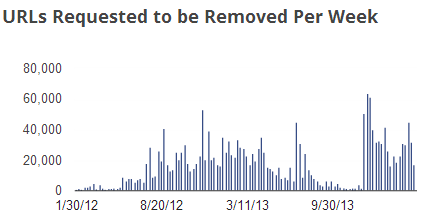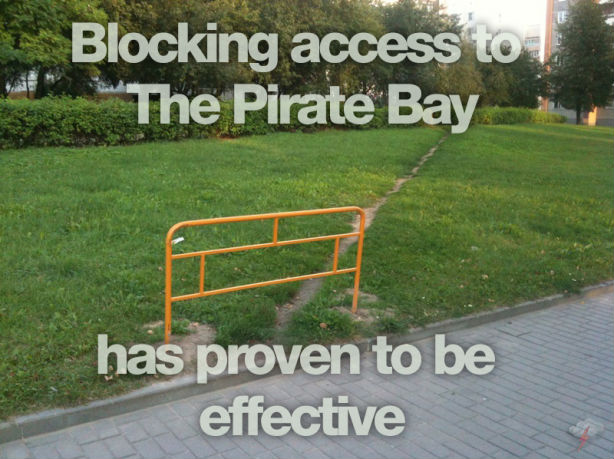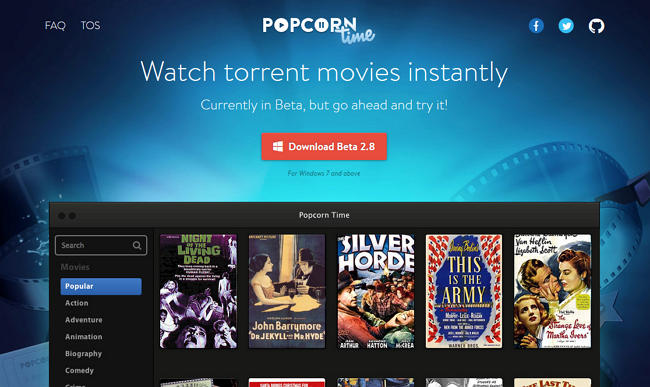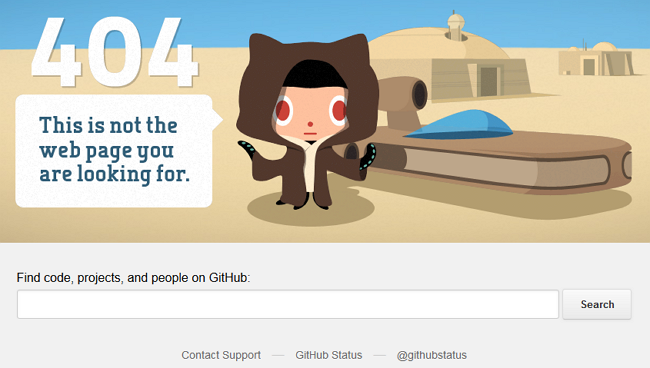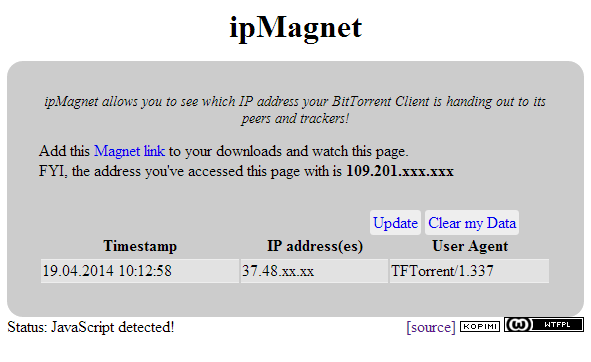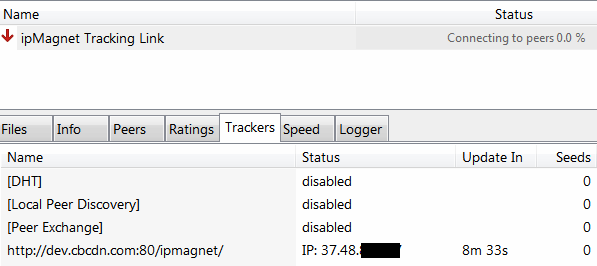The Copyright Monopoly’s Fundamental Problem Remains The Same…
dimanche 20 avril 2014 à 23:00 When we share knowledge and culture in order to manufacture our own copies of it, this happens in private communications – it happens as part of the ones and zeroes that arrive at and are transmitted from our computers.
When we share knowledge and culture in order to manufacture our own copies of it, this happens in private communications – it happens as part of the ones and zeroes that arrive at and are transmitted from our computers.
However, some part of these transmissions may be in violation of the copyright monopoly. The only way to find if any are is to listen to them and break the postal secret; to open all the digital letters and violate the privacy of correspondence.
There is no way to enforce the copyright monopoly without reading all the private communications in transit – mass eavesdropping and mass surveillance. There is no magic way to just wiretap the violations and ignore the rest; the act of finding which communications may violate the copyright monopoly requires that you sort all correspondence into legal and illegal. The act of sorting requires observation; you cannot determine if something is legal or illegal without looking at it. At that point, the postal secret and the privacy of correspondence have been broken.
(Some proponents of the copyright monopoly would argue that the act of sharing knowledge and culture wouldn’t classify as private correspondence. This is irrelevant, as in any case, it is intermixed with private correspondence that must still be unpacked and looked at in the sorting process.)
So we’re at a crossroads where we as a society must determine which is more important – the right to communicate in private at all, or the obsolete distribution and manufacturing monopoly of an entertainment industry. These two are completely mutually exclusive and cannot coexist. This is, and has been, the problem since the cassette tape.
The copyright industry understands this perfectly, which is why they have been working hard, long, and tenaciously to eliminate the concept of private correspondence online and introduce ubiquitous mass surveillance. A few examples:
In Ireland, the copyright industry (in the shape of the big four record labels) sued the country’s largest ISP, Eircom, for the right to install wiretapping and censorship equipment in the deepest of their core Internet switches: they demanded the ability to detect and prevent communications they didn’t like. Yes, you read that right: a private industry full-out demanded the right to examine all (and prevent any) private correspondence in the entire country.
In Sweden, the copyright industry did a two-pronged approach to get their own access to ISP access logs through a ridiculous over-implementation of the IPRED directive, along with working feverently to get mandatory ISP logging in the shape of Data Retention passed (the mass surveillance mechanism that was just now declared in violation of basic human rights by the highest EU court). The copyright industry (in the shape of IFPI) even demanded independent, extrajudicial access to the mass surveillance data from the Data Retention mechanisms. Yes, you read that right: a private industry demanded independent and unfiltered access to surveillance records of practically every footstep and every correspondence you make in your everyday life.
The copyright industry is very much a part of the mass surveillance industry. Mass surveillance is the only way they can maintain their crumbling monopoly on manufacturing copies.
At the end of the day, these two mechanisms must be weighed against one another: do we prefer the ability to communicate in private at all, or do we prefer the distribution and manufacturing monopoly of an entertainment industry? As is today, they can’t coexist, and this has always been and still remains the key point of contention.
One of the reasons that we’ve gotten to this point is that these two mechanisms are usually handled by different departments. The copyright monopoly tends to be under the Department of Commerce, whereas the fundamental rights such as freedom of speech and privacy of correspondence falls under the Department of Justice in most countries. This means that there has never been anybody with the responsibility of weighing them against each other, and coming to the obvious conclusion that the right to private correspondence far outweighs the distribution and manufacturing monopoly of an entertainment industry.
We need to keep kicking politicians out of office until they realize this enormous blind spot of theirs.

About The Author
Rick Falkvinge is a regular columnist on TorrentFreak, sharing his thoughts every other week. He is the founder of the Swedish and first Pirate Party, a whisky aficionado, and a low-altitude motorcycle pilot. His blog at falkvinge.net focuses on information policy.
Book Falkvinge as speaker?
Source: TorrentFreak, for the latest info on copyright, file-sharing and anonymous VPN services.

